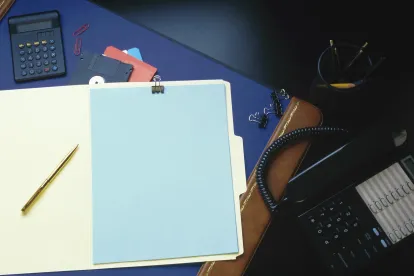“Helping Jurors Understand the Law,”* written by Maureen Murphy (who works at our firm’s Washington DC office) has insights about legal writing that I’d like to share with you. Although her topic is jury instructions, its ideas also apply to the writing style and content in patent applications and arguments before the United States Patent and Trademark Office. This article quotes plain language advocate Prof. Joseph Kimble (Thomas Cooley Law School, Lansing, Michigan) who notes that the language and structure of traditional jury instructions often confuse the lay juror. Prof. Kimble recommends that an experienced writer with a background in plain language (generally defined as clear, succinct writing intended to ensure an understandable message for the target audience) prepare the first draft of jury instructions rather than being brought in late in the process. He also urges that we not believe the myths about plain language, debunking common claims that it is “baby talk” or imprecise. He notes that the simplicity of plain language can, in fact reveal inconsistencies and uncertainties that traditional legal language tends to hide. I agree wholeheartedly.
I can relate to this, in that I have had to “repair” patent application drafts that have been written by some clients in the past. I often spend more time, at greater cost to the client, doing such repairs than if I had written the patent application from the start. Although claim writing is still the most formal part of the exercise of writing a patent application, there is a trend towards more natural language, i.e., plain language in the claims. I try to use plain language in the written specification, which supports the claims. Explaining the sometimes subtle nuances of an invention, especially around the point(s) of novelty, in plain language in the specification gives us room for claim amendments, and also provides language for the arguments we make during patent prosecution. Plain language helps examiners understand the claims, and may help judges and juries understand the claims should they be tested in a court.
* "Helping Jurors Understand the Law
Scribes Panel on Writing Plain-English Jury Instructions
January 6, 2007, in Washington, DC"
By Maureen Murphy, The Scrivener – Winter 2007 www.scribes.org




 />i
/>i

